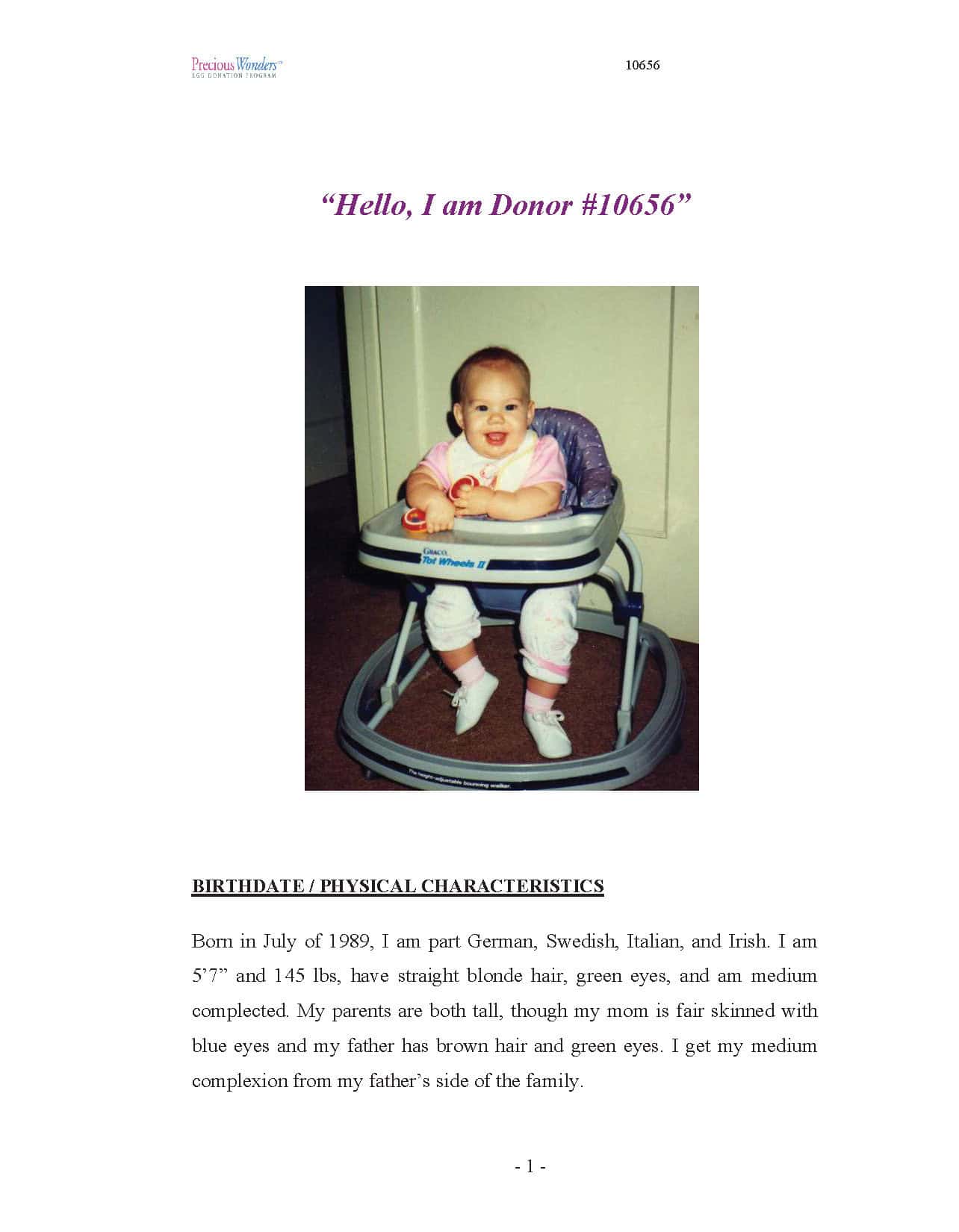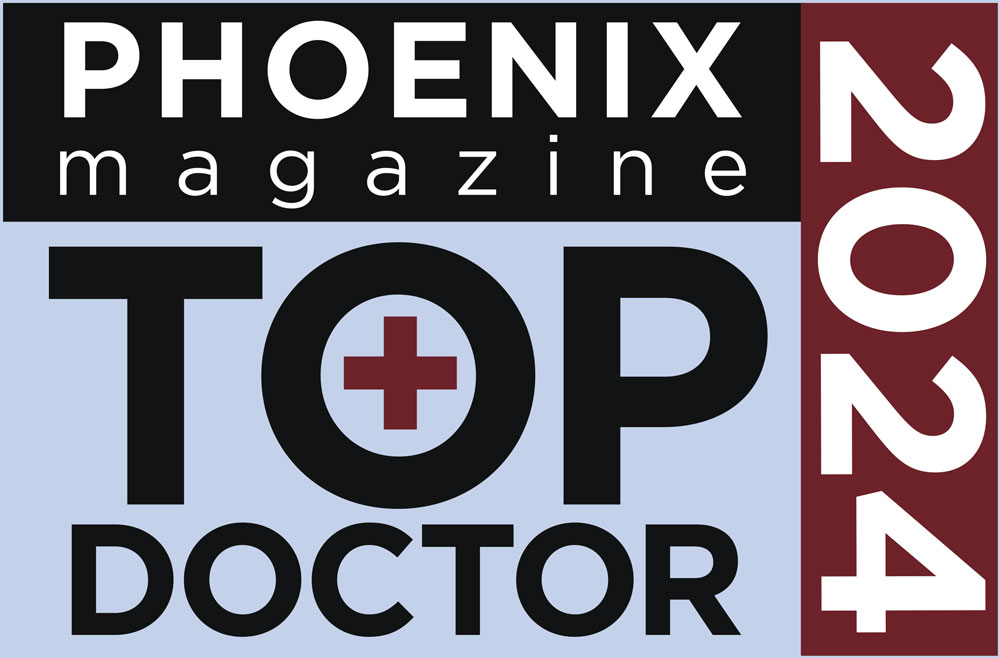Donor Egg

Seeking pregnancy through egg donation is an option for women who are over the age of 38 (advanced age increases the likelihood of egg abnormalities), suffer from premature menopause and/or poor ovarian function.
Egg donation involves a woman (a donor) “donating” her eggs so that another woman (a recipient) might be able to conceive. In egg donation, in vitro fertilization (IVF) is performed in the usual manner, except that the donor may receive fertility medications to stimulate the production of multiple eggs in her ovaries. At the same time, the recipient may also receive medications so that her cycle mirrors the cycle of the donor and her body is prepared to receive the embryo. The egg is then fertilized in a laboratory and the embryos are implanted in the recipient’s uterus. The success rate for couples undergoing in vitro fertilization (IVF) with egg donation — even when a woman is over age 40 — is approximately the same as the success rate of IVF in young women.
Generally, egg donation may be an option for a woman if she:
- Is older and has not succeeded with other therapies.
- Has reached menopause prematurely.
- May carry a genetic disorder that may have been determined through blood testing.
- Has experienced unexplained and repeated miscarriages.
